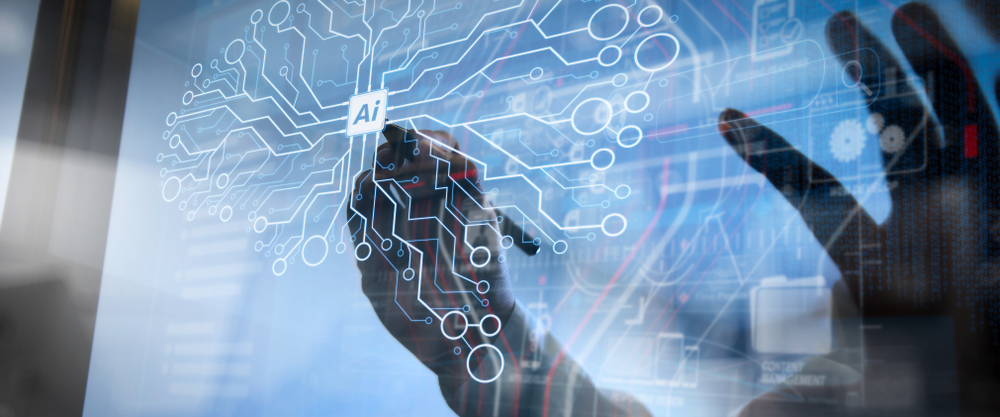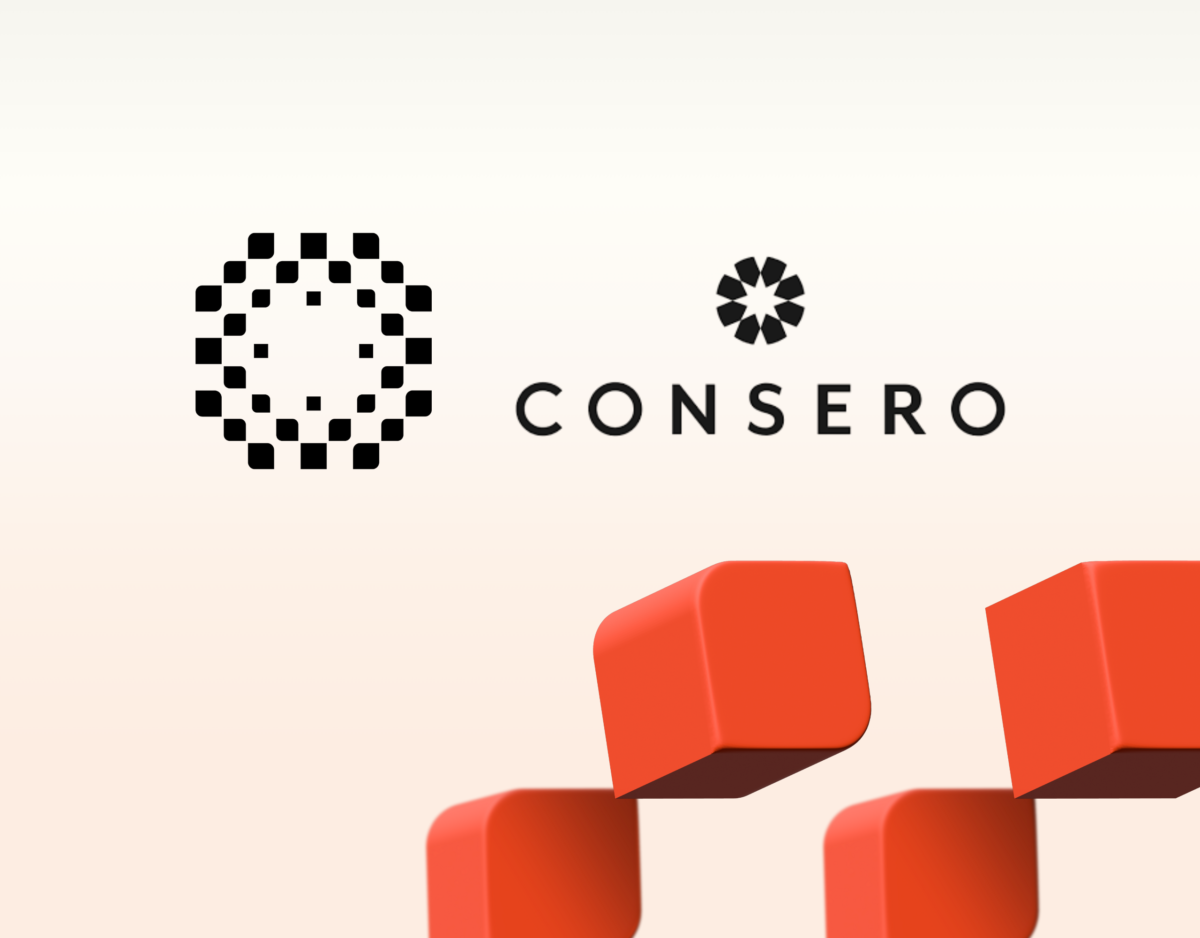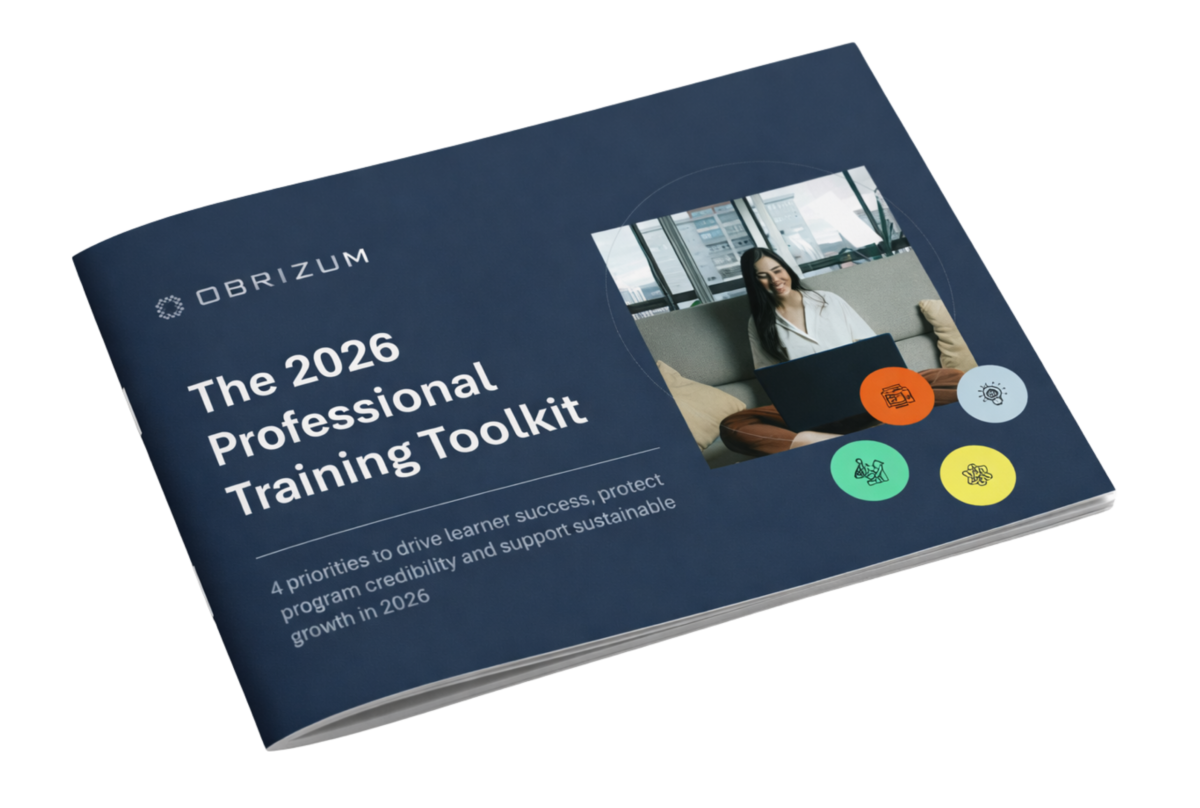
Published on 27th March 2023
The Artificial Intelligence Act: A road of regulations, responsibility and revolution
The technology industry has felt the rumblings of change as the EU continues its discussions around the first horizontal legislation to regulate artificial intelligence systems. AI is one of the fastest evolving – and most innovative – technologies in modern industries, and naturally, the first thing to follow substantial growth and progression is regulation.
AI has benefited our society a great deal since its inception, however many are concerned with how quickly it is evolving, and its infinite potential if rules and regulations are not introduced. Equally, those in the middle of this AI phenomenon are concerned with the market being red-taped to the point that it may stifle innovation.
There’s certainly a balance to strike, and the emergence and continual development of ground-breaking AI tools like ChatGPT is forcing the EU to reassess how AI is to be regulated. Ultimately though, we’re witnessing the creation of the first global standard for AI.
What is the Artificial Intelligence Act?
The EU defines its goal with the AI Act as being to “ensure that Europeans can trust what AI has to offer.” This ultimately means championing the ethical use of AI and preventing potential malicious mishandling.
The regulation takes a risk-based approach to AI, split into four categories:
- Unacceptable risk
- High risk
- Limited risk
- Minimal or no risk
AI applications that fall into the different categories will be expected to adhere to the appropriate obligations. Naturally, anything that falls into the ‘unacceptable risk’ bracket will be banned. For details on the specific obligations of each level, see the official European Commission proposal.
The Act also outlines its responsible AI’ framework, against which all AI applications will be measured. There are four ethical pillars that businesses will be expected to align with transparency, explainability, accountability and safety. OBRIZUM’s Chief Evangelist, Markus Bernhardt delves into greater detail on these pillars in his published article on Responsible AI.
Every industry will be required to adhere to new regulations; however, some sectors have been identified as needing additional layers of scrutiny given their critical role to society.
Education and training is one of them.
AI within learning and development
Here at OBRIZUM, we believe artificial intelligence plays an enormous role in helping industries overcome potentially crippling challenges that threaten business continuity while unlocking growth opportunities.
They say that knowledge is power, and yet – when it comes to professional learning – businesses are still operating with outdated and ineffective tools and practices. Digital linear learning is the enemy of L&D progress, as it addresses professional development with a one-size-fits-all approach. In essence, organisations are wasting thousands, even millions, on ineffective training programmes.
However, the idea of a complete process overhaul, investing time and money into manually updating and deploying new learning models is understandably a step too far for most businesses. But this is where AI comes into its own.
In the L&D space, artificial intelligence revolutionises learning. It has the capability to analyse employee competence, identify learning gaps and tailor individual learning pathways. Not only does this tech improve learning efficiency, but it also helps report on user progress to ensure the business sees a fast and genuine return on investment.
The development and implementation of the EU’s AI Act is simply a reminder of the exciting and fast-paced journey we’re on with artificial intelligence. In the coming years, we will undoubtedly witness critical milestones in the AI journey, both from a regulation and continued evolution standpoint, so watch this space!
Deploying AI responsibly
We’re big believers in responsible innovation. As a company at the forefront of exciting technological advancement, we fully recognise the duty we have to our customers, the industry, and wider communities, to proceed aligned with the greater good.
To find out more information about the EU’s AI Act and where future developments are likely to take us, stay up-to-date with the EU’s website, or the official Artificial Intelligence Act’s dedicated webpage.






